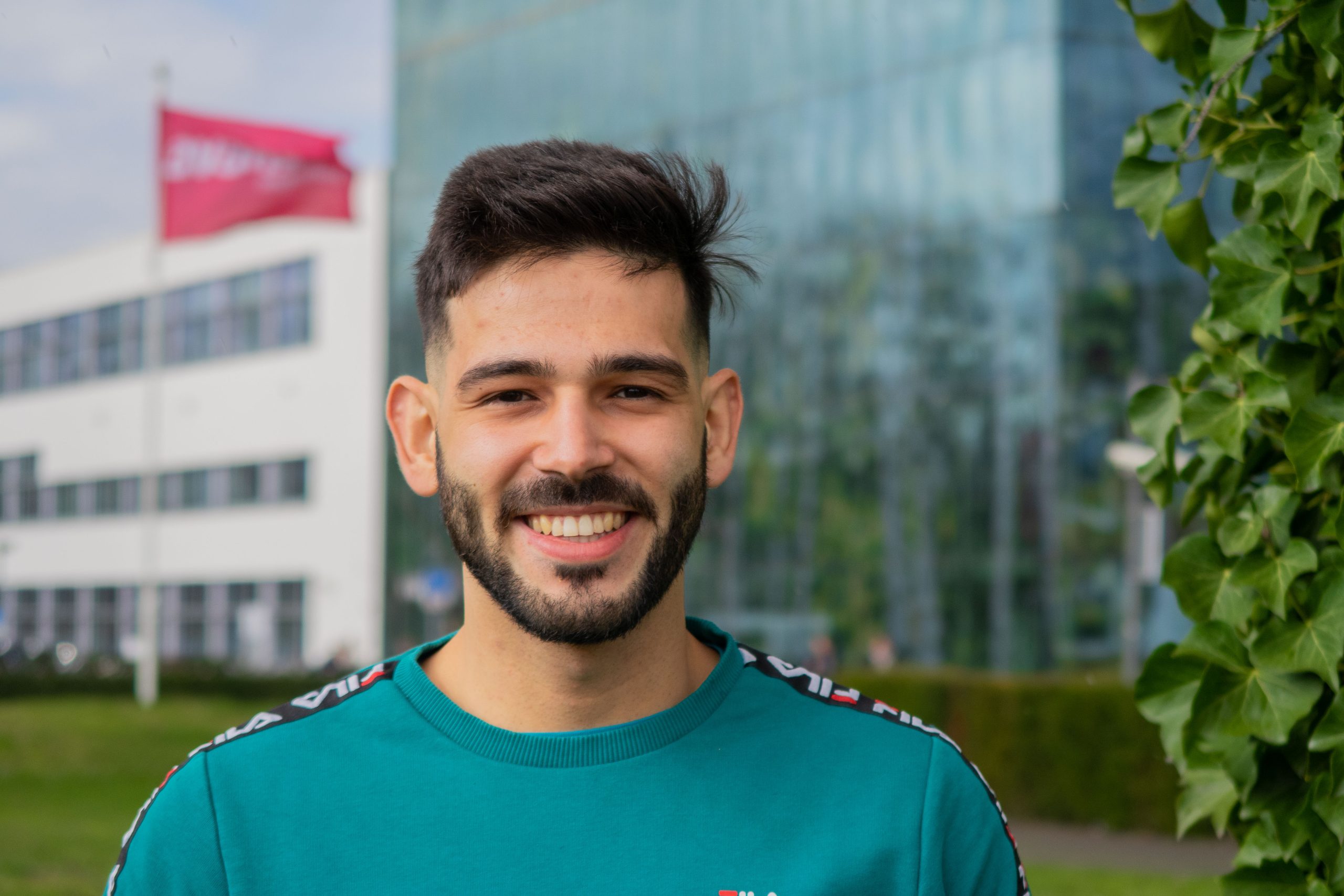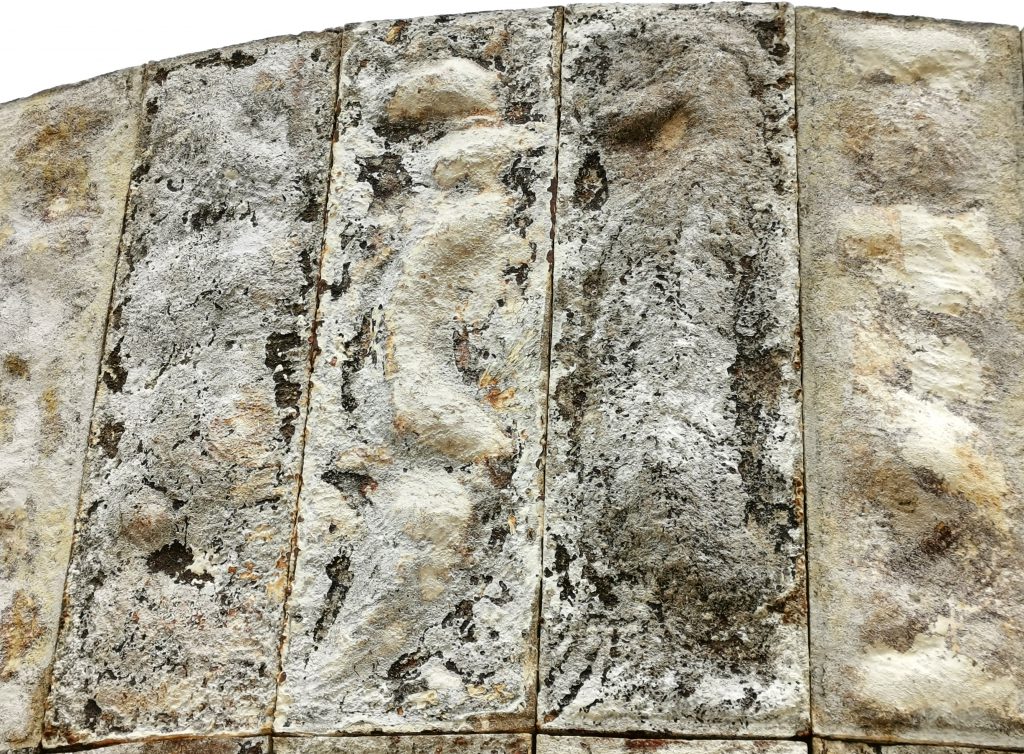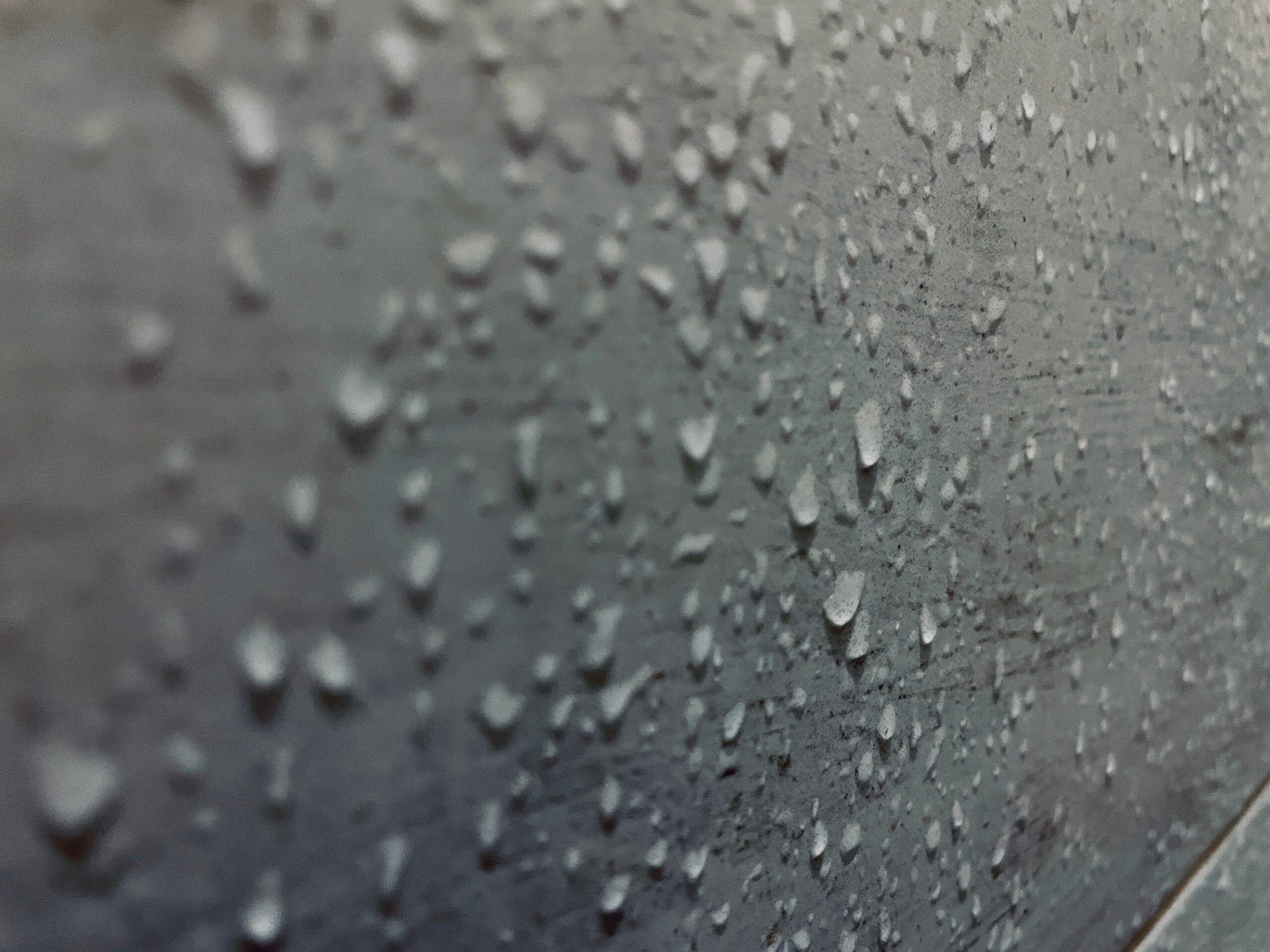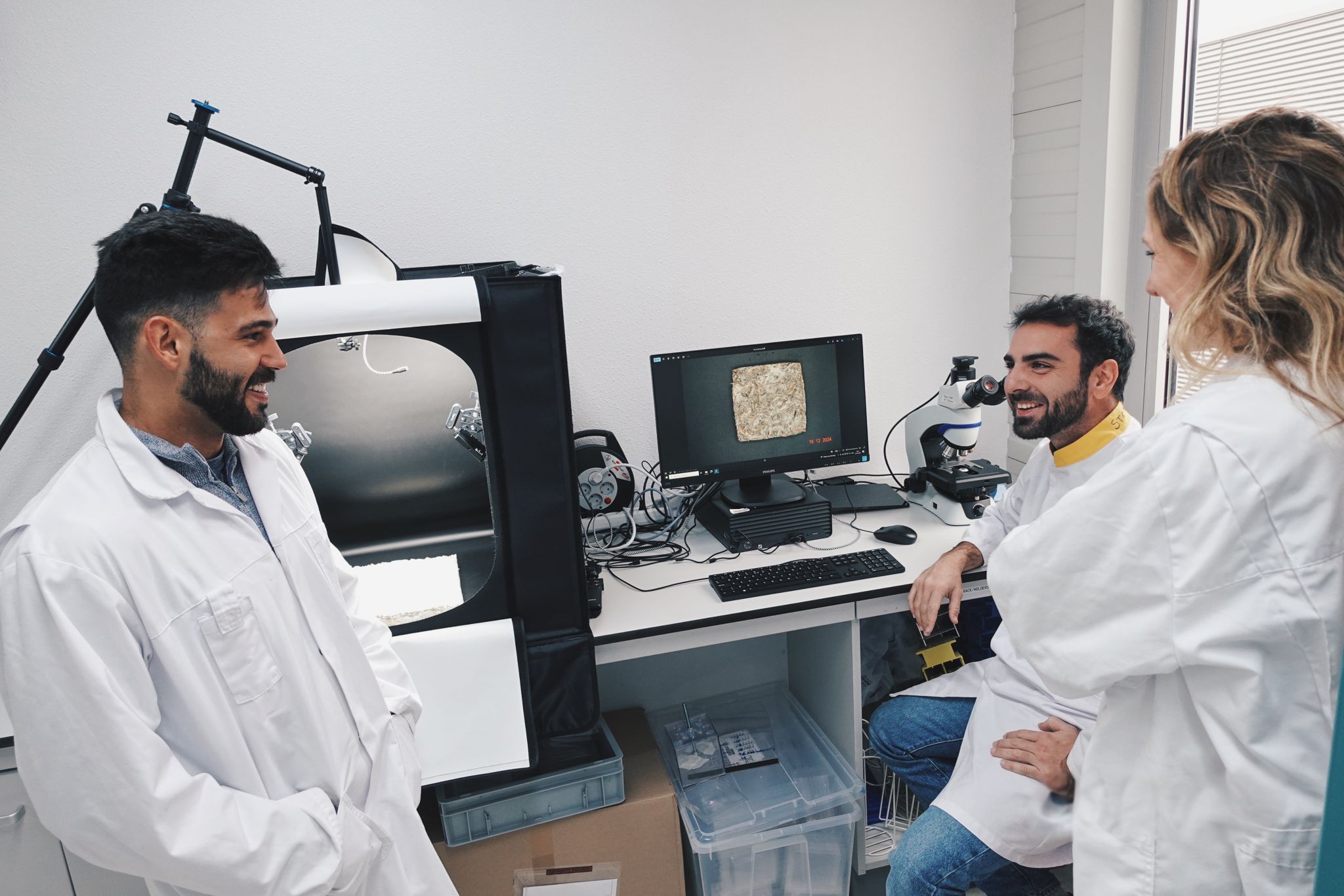MNEXT and JvEsch explored recipes of wood, grass and compost fibres bound with mycelium. The work focused on material composition, moisture behaviour and processability, plus a reproducible image-based method to analyse mycelium growth. The project team consisted of an intern handling laboratory work, a daily supervisor and a researcher focusing on environmental impact (LCA approach).
Results
-
Prototypes of plant pots were produced that are sufficiently robust for cultivation and planting, and then degrade in a controlled way in the soil.
-
Mycelium growth can be objectively monitored with an image-analysis approach, enabling further optimisation of biobased mycelium composites.
-
Practical testing is planned along the A58 in collaboration with Rijkswaterstaat (test garden within the InnovA58 programme). The pots were also presented at Dutch Design Week as an example of residual-stream valorisation and circular design.
Sustainability & scaling
At lab scale, energy use is relatively high due to incubation and drying. Expected improvements lie in scale-up, process optimisation and more efficient conditioning/drying. This can lower the CO₂ impact and make application at larger volumes more feasible.
Application and next steps
Knowledge from MycoRenew is relevant for:
-
green maintenance and landscaping (using waste streams as local feedstock);
-
manufacturers of (bio)composites and biobased building products;
-
public-space clients aiming to reduce plastics.
Next steps focus on scaling, further environmental optimisation, and development towards broader biocomposite applications.
Want to know more?
Read the full MycoRenew final report, or contact project leader Fran Ortega Exposito for questions and collaboration opportunities on mycelium and residual stream valorisation.
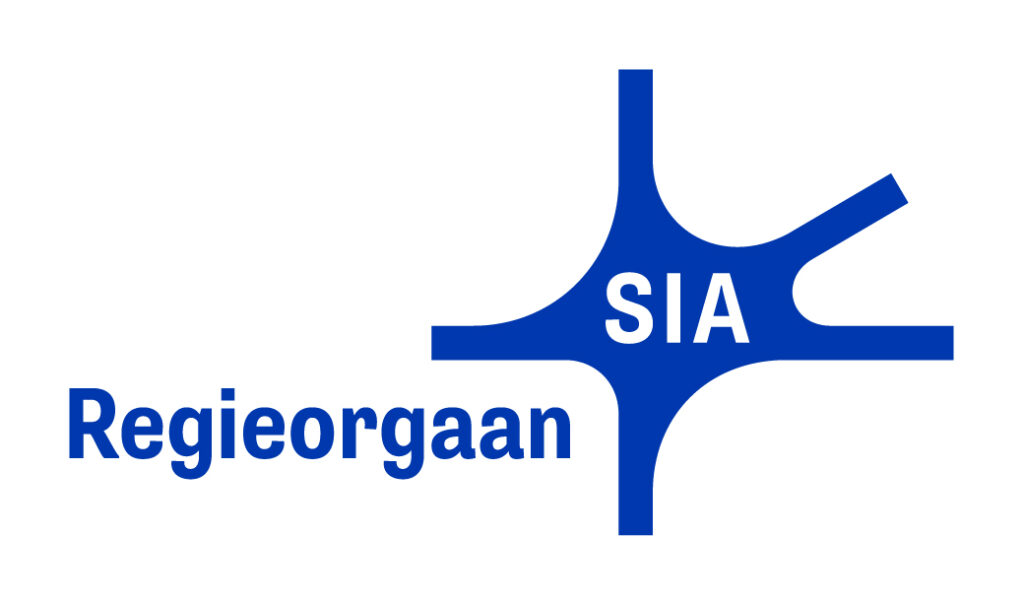
September 2024 until June 2025





